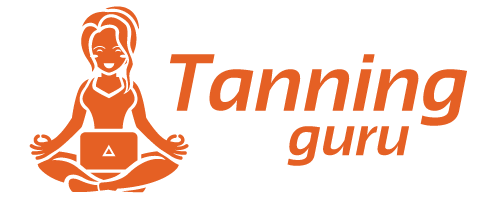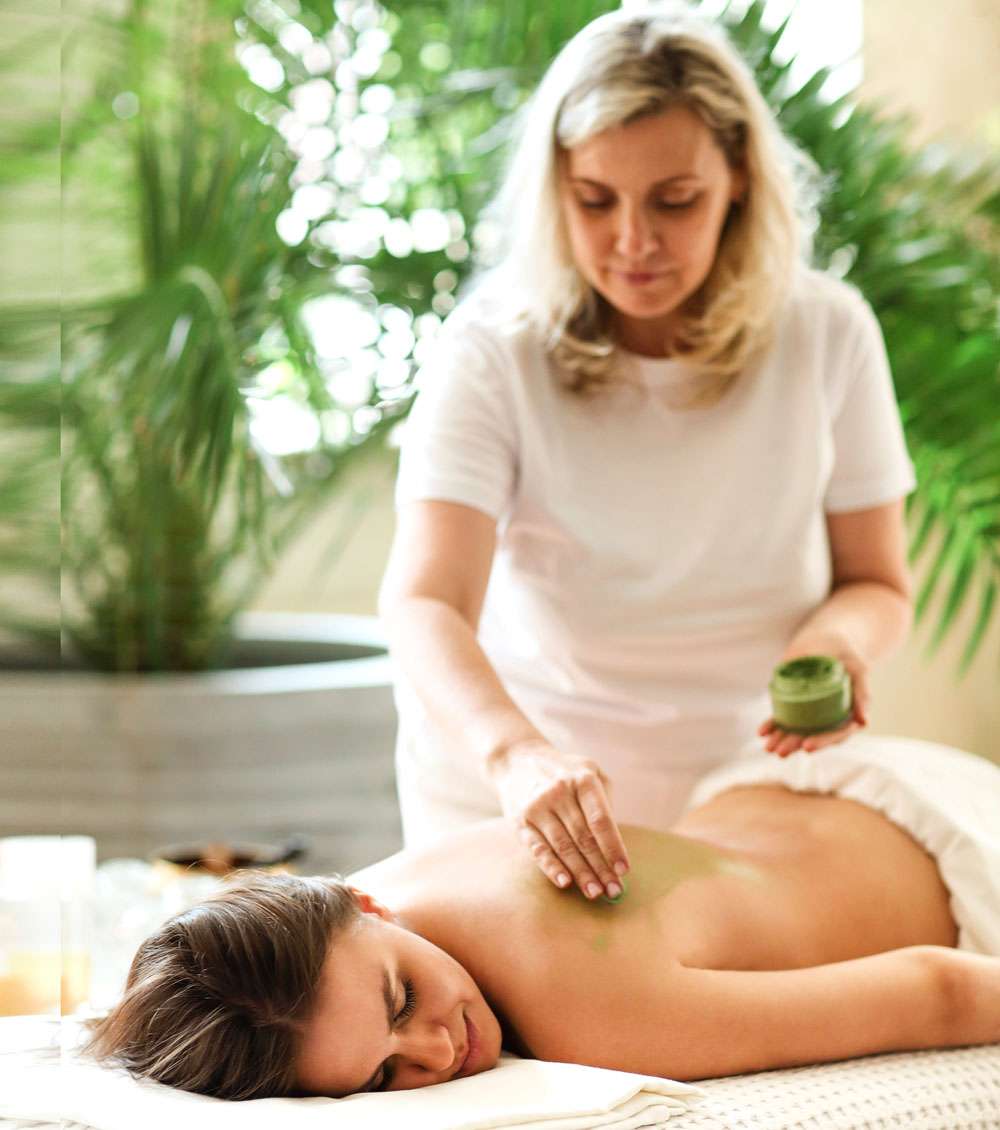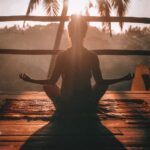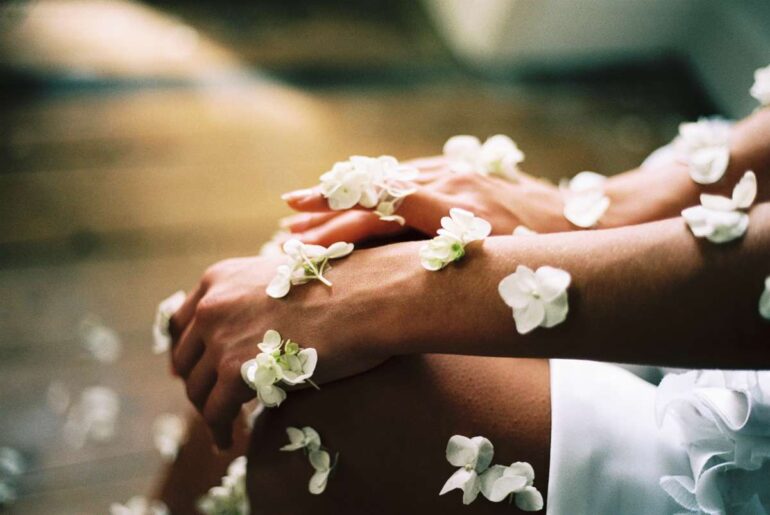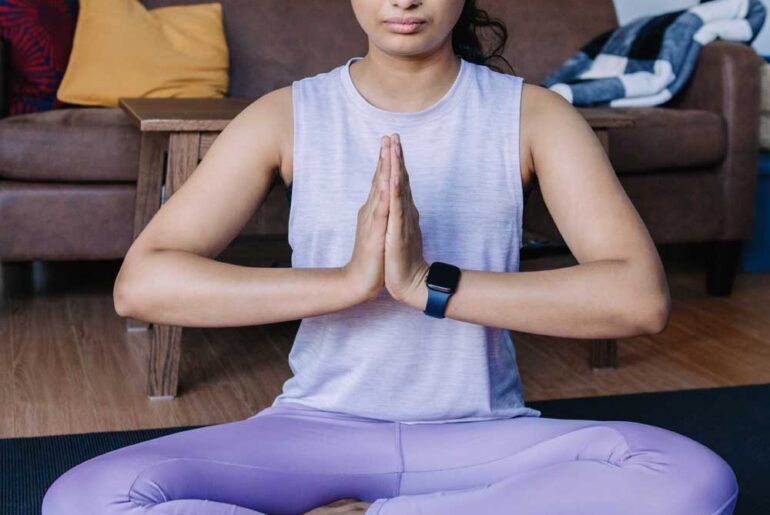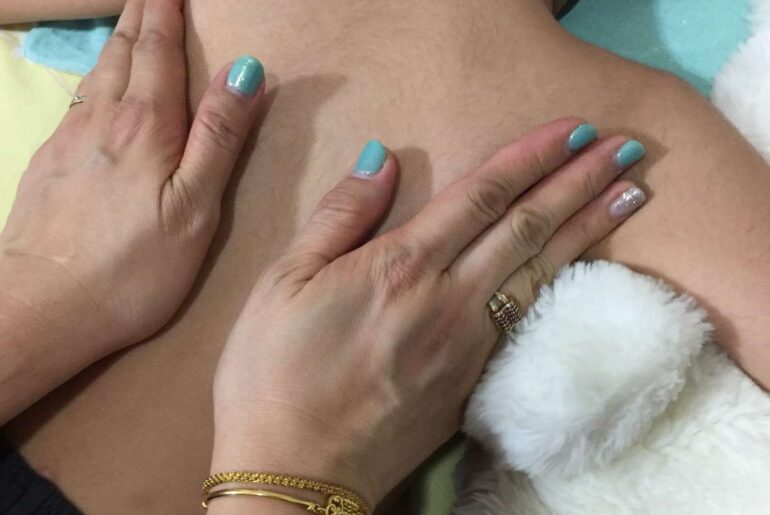Everyone knows that it is one of the oldest and most effective systems of medicine. If you have heard about Ayurvedic medication, you must also have heard about Ayurvedic massage. It’s one of the most amazing things Ayurveda has to offer, and it’s one of those experiences you should have at least once in your lifetime. But Ayurvedic massage is still an enigma to most of us. While we have heard Ayurvedic massage is arguably the best natural way to improve blood circulation, relaxation of the muscles, prevention of stress, and complete rejuvenation, most of us don’t know what an Ayurvedic massage exactly is or how it affects the human body. Here’s everything you want to know about Ayurvedic massage.
It’s not literally just a massage!
Yeah, you heard it right. Ayurvedic massage is not just about working on your muscles and tissues with some essential oils. Before we get into the details, let’s see how a human body is conceptualized in Ayurveda. The human body is said to be made up of the Pancha Bhoota, the five fundamental elements: air, water, earth, fire, and aether (sky/space/vacuum). The health of a body depends on the three doshas (Vata, Pitta, and Kapha) that are related to the Pancha Bhoota. Whenever there is a disruption in the balance between the three doshas, a human body or mind is said to be unhealthy. The main reason behind the dosha imbalance is due to the ama, the digestive toxins inside the body which get accumulated due to our unhealthy lifestyle.
There are a large number of Ayurvedic medicines to cure an unhealthy body. On the other hand, Ayurvedic massage is generally done to retain health and fix small anomalies in the dosha balance. The Ayurvedic massage focuses on localized energy points on the surface of the body called chakras and marmas, which are connected to the vital organs. Essential oils, prepared specially for each type of dosha, are used extensively on the body to work on the energy points. This manipulation directly affects the energy field associated with the body, which leads to complete mental and physical relaxation. Ayurvedic massage combines the clinical effects of essential oils with the benefits of touch and therapy.
Types of Ayurvedic Massages
Depending on the type of oils used or the part of the body which needs rejuvenation, there are different types of Ayurvedic massages. Let’s have a look at each of them in detail:
Shirodhara
Shirodhara is done for improved blood circulation, especially in and out of the brain; thus, it can be used as a treatment for various eye diseases, greying of hair, hypertension, and many more. The procedure is done by the continuous pouring of oil, coconut water, buttermilk, or water on the forehead along with a thorough massage on the scalp. Shirodhara helps to relax the hypothalamus of the brain, and so it’s highly effective against mental conditions like stress and insomnia.
Njavarakizhi
When specially cooked rice is bagged with a cotton cloth followed by dipping it in medicated oil and cow milk, you have yourself a Njavara. The process of pressurizing the Njavara on localized energy points on the already oil-massaged body is called Njavarakizhi. This treatment causes a controlled increase in body heat, thus increasing perspiration. That causes the removal of toxins from the body in the form of sweat and heightens the senses.
Pizhichil
Pizhichil is perhaps the most popular form of Ayurvedic massage. It is primarily done to treat all types of illnesses or conditions related to muscles or bones. Often termed Ayurvedic physiotherapy, this treatment is the best one for the Vata Dosha. Pizhichil is done by pouring warm oil onto the body with a thorough massage that helps you rediscover the lost strength of the muscles.
Abhyanga
Just like Pizhichil, Abhayangam also involves a full body massage with hot medicated oils but with a focus on specific energy points. Rather than a treatment, it is viewed as a recurring procedure that’s done to maintain good health and well-being. By reducing the Vata imbalance through Abhayangam, the production of white blood corpuscles and antibodies is increased, thus increasing immunity. Abhyanga also leads to the removal of toxins from the body and the burning of cholesterol.
Garshana
Unlike all other kinds of Ayurvedic massages, Garshana does not make use of medicated oils or lubricants of any kind. Garshana aims to stimulate the lymphatic system and prevent Kapha imbalance by massaging the body with raw silk gloves. Not only is Garshana helpful in removing ama, but it also improves blood circulation, reduces body fat, and exfoliates the skin.
Apart from these major types of Ayurvedic massages, many variations yield different results. Professional Ayurvedic massage centers always choose the correct type of massage your body requires by analyzing and examining your body first. Many Ayurveda centers couple modern techniques with massage for better results, such as the use of tuning forks at specific frequencies to stimulate organs such as the heart and brain and performing massages accordingly.
It is evident that Ayurvedic massage is arguably the best natural way to rejuvenate and remove toxins from your body. If you are a busy person burdened with everyday stress and tension, signing up for a full-course Ayurvedic massage is highly recommended.
